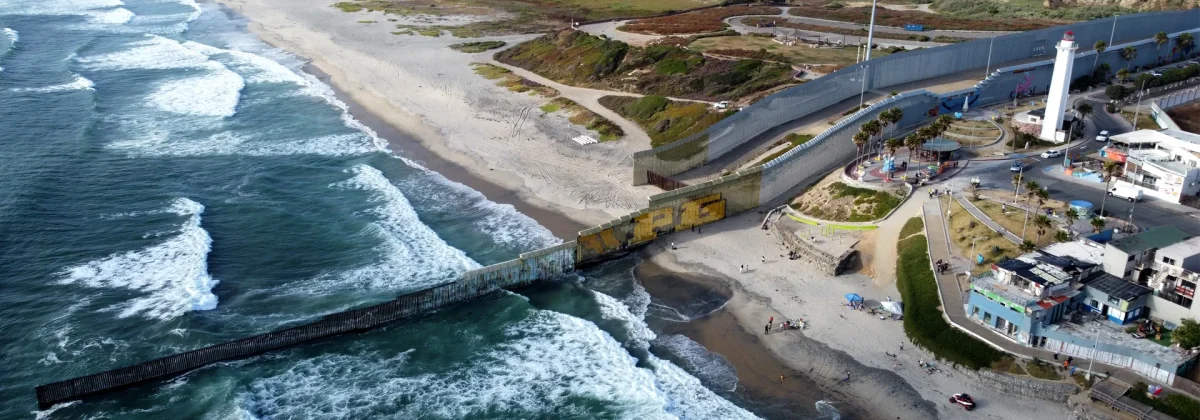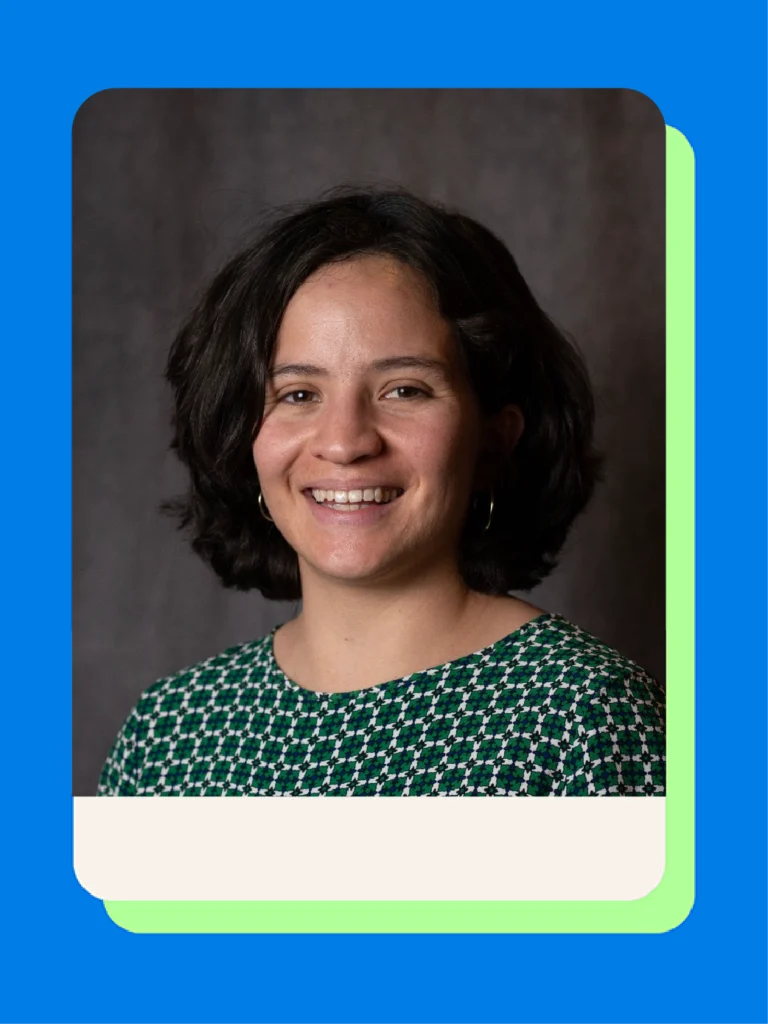
Environmental Data Analysis for Coastal Protection
This pioneering project unites San Diego, Tijuana, and Rosarito to boost shared coastal resilience via environmental data analysis and joint action.
Led by the Permanent Forum of Binational Waters, it merges science and grassroots work to confront environmental challenges.
Strengthening Coastal Resilience through Environmental Data Analysis
One Coast One Community centers on ecosystem–community links, honoring their mutual dependence and integrated health. Scientists, policymakers, educators, and activists design a holistic strategy aligned with coastal dynamics.
The initiative promotes multidisciplinary solutions using community engagement, policy advocacy, and environmental data analysis. Its expert network strengthens border-region water quality and coastal resilience.

Objectives for coastal protection and Environmental Data Analysis
Water Quality
To systematically monitor and improve the water quality of coastal and riparian zones, ensuring safer public health conditions.
Erosion Control
Identify erosion triggers to curb land degradation and shield vulnerable habitats from climate and human impacts.
Enviromnetal Data Collection and Sharing
To establish a comprehensive data-sharing platform that collects, analyzes, and disseminates information about the region’s environmental health.
Educational Outreach
Offer free community-education courses that engage local schools, community groups, and residents, raising environmental awareness.
Meet the Team Behind One Coast, One Community
The strength of One Coast, One Community lies in its diverse and passionate team, committed to advancing coastal resilience through science, technology, education, and community engagement.

Rosario Sánchez
Coordinator

Samuel Sandoval Solis
Science Analysis

Gabriela Rendón Herrera
Education resources

Raquel Neri
Events Coordinator

Iris Aguilar
Project Manager

Marco Tulio Castro
Communication
Fuel more monitoring, free courses, and citizen science—donate through The Permanent Forum of Binational Waters today and help protect our shared coast in the border.
Organized by the Permanent Forum of Binational Waters, One Coast, One Community unites science, policy, and communities to advance coastal resilience along the U.S.–Mexico border.


